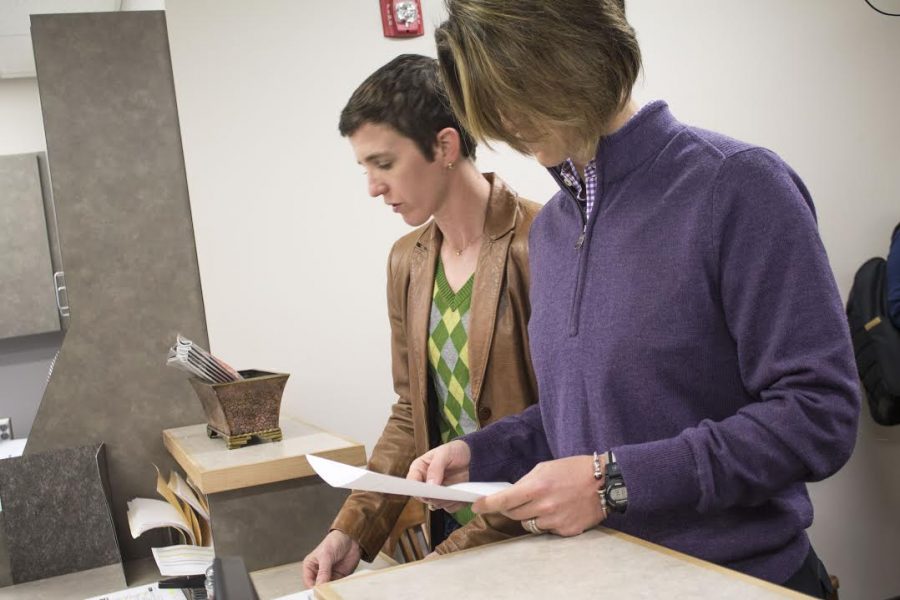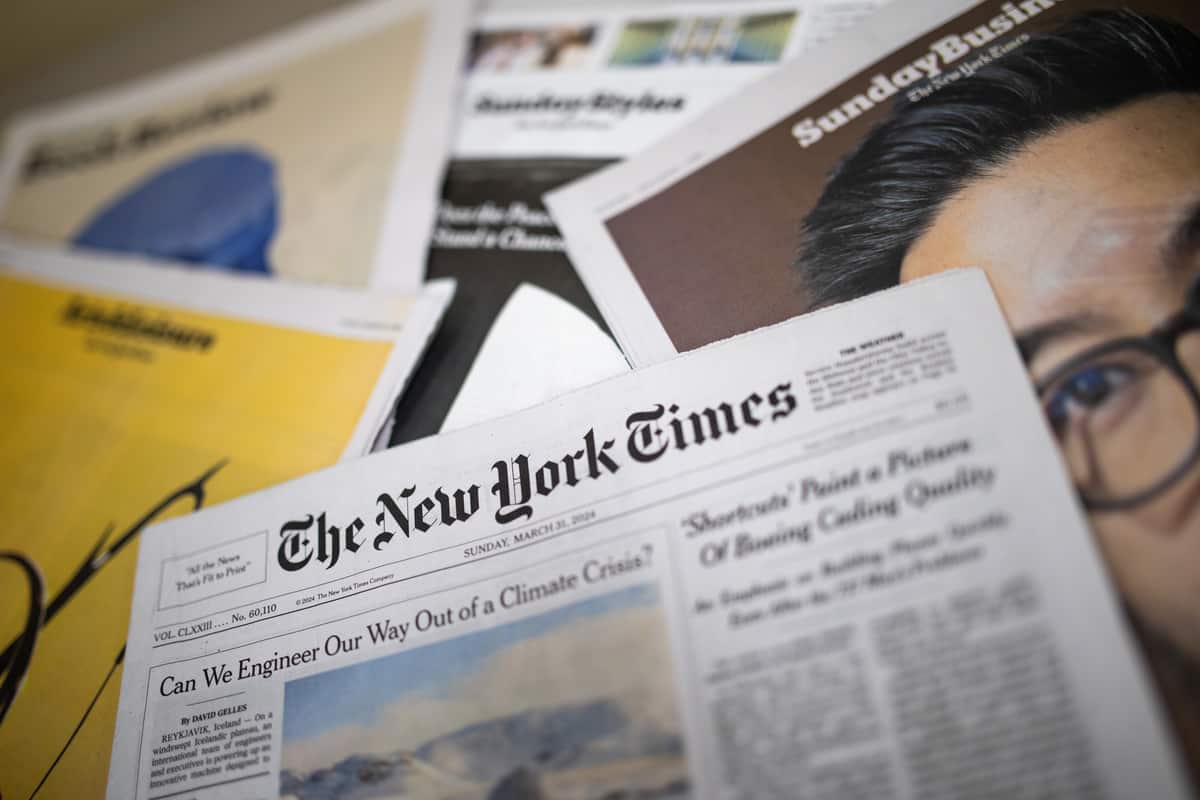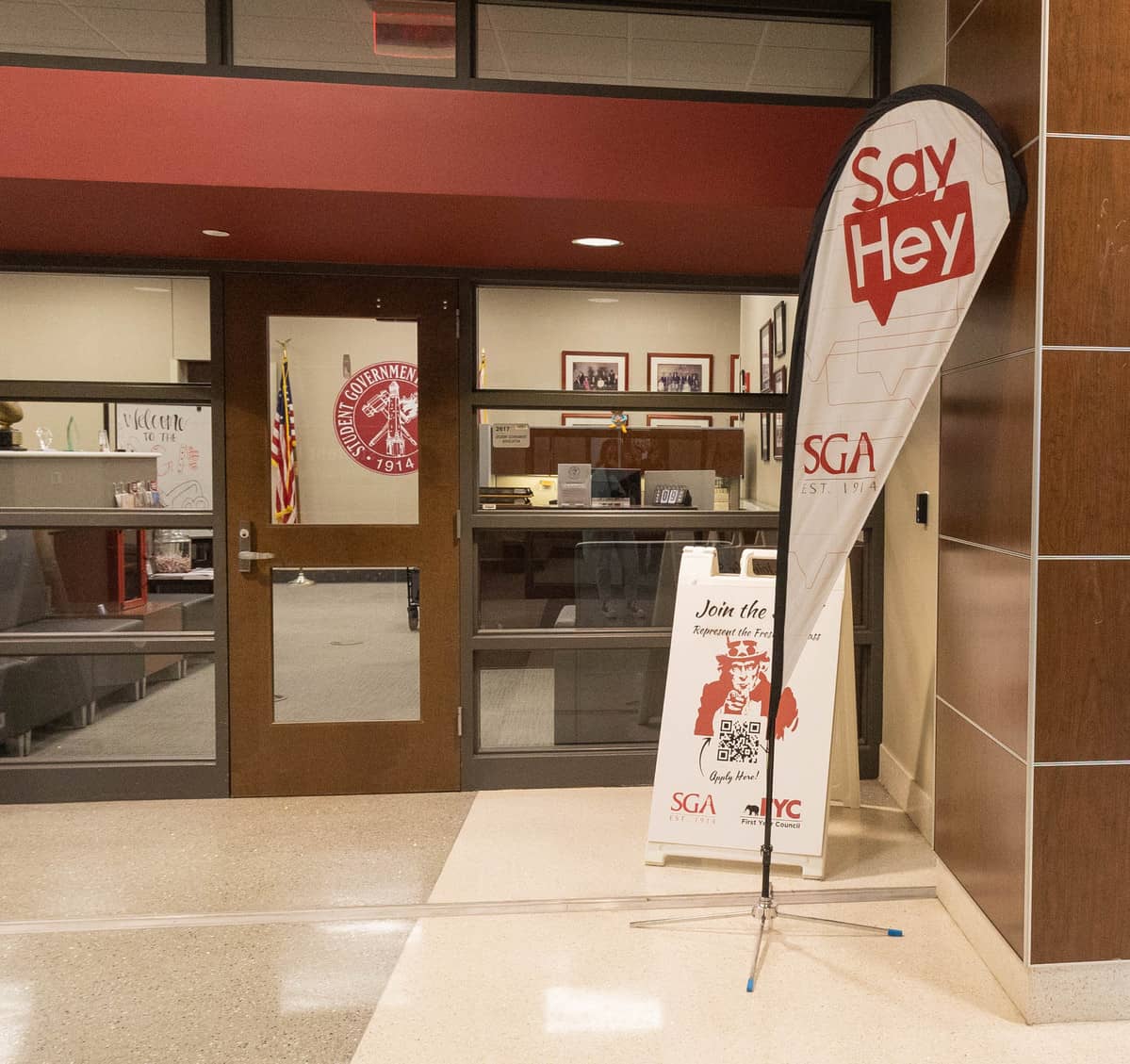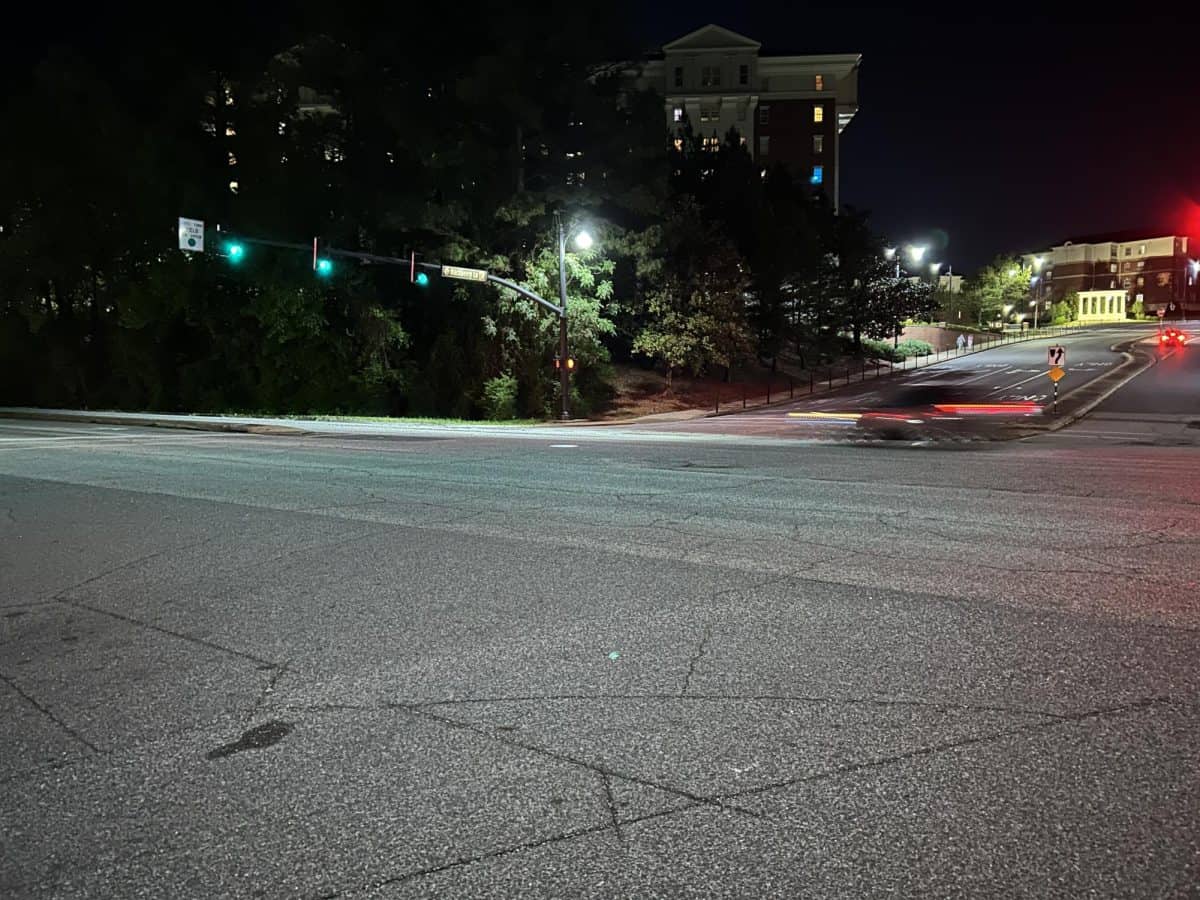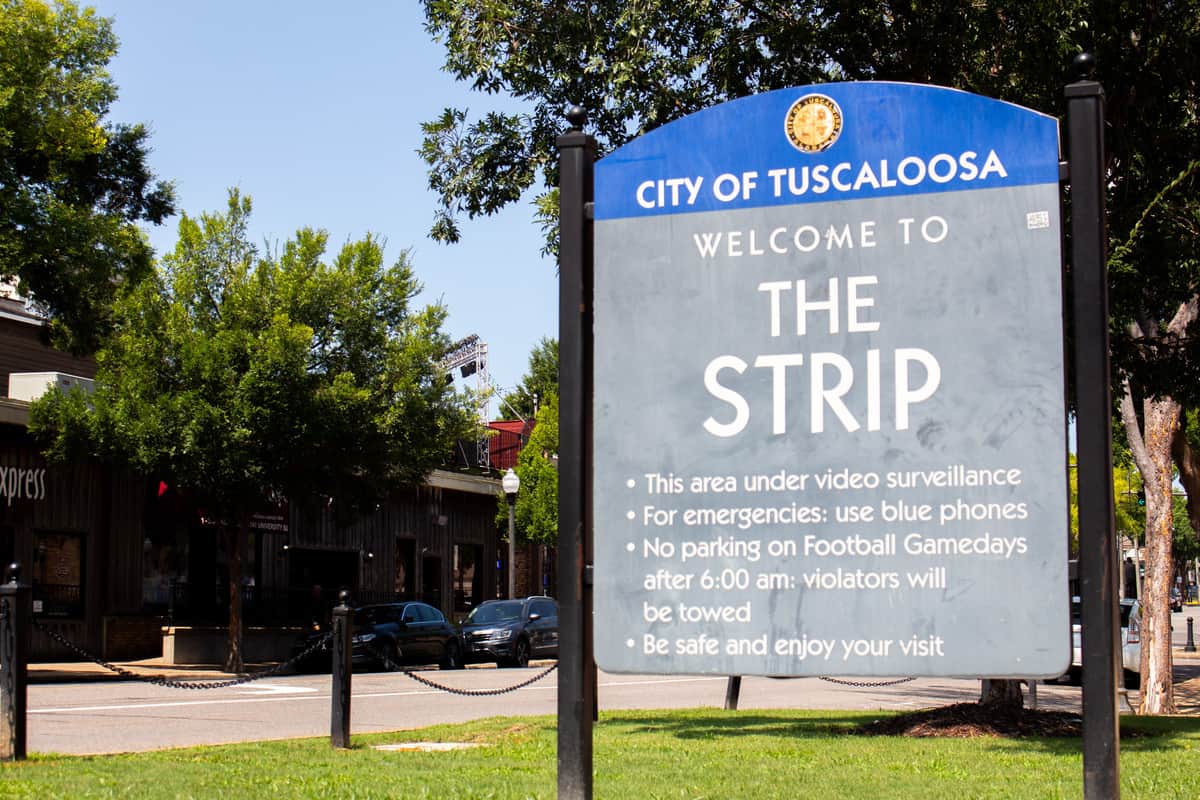Monday was the first day same-sex marriage was legalized in the state of Alabama. Federal District Court Judge Callie V.S. “Ginny” Granade overturned the state’s ban Jan. 23 when a woman in Mobile applied for second-parent adoption of a boy she had raised since he was born.
Alabama Chief Justice Roy Moore issued a statement late Sunday night for every Alabama probate judge to deny requests for same-sex marriage licenses. The U.S. Supreme Court announced Monday morning that the state’s request to stay Granade’s ruling was refused, but some county judges upheld Moore’s order.
Couples in several counties, including Tuscaloosa, were denied licenses when they arrived to courthouses Monday morning. Meredith Bagley and Alex Davenport, both faculty at The University of Alabama, were one such couple.
Bagley, an assistant professor of communication studies, said she and Davenport have lived in Tuscaloosa for nearly five years. The two traveled to Bagley’s home state of Vermont to marry in 2012 but still wanted to have their marriage recognized in Alabama so they could promote same-sex visibility in the state, she said.
“When we knew it was coming, we wanted to get those protections in Alabama, for sure,” she said. “We have a will that calls us ‘strangers.’ There’s this weird legal phrasing about being one’s ‘beloved,’ which is code for ‘we’re married but can’t say so.’ So we want to be part of showing the state of Alabama that there are a lot of couples out there who want this status, and they’re your neighbors, your teachers, your garbage men, your IT professionals.”
Some of those who were not at the courtrooms to get married were there to show support for those who were.
David Sears, a UA alumnus with Birmingham-based radio station 1070 WAPI, stood outside the Jefferson County courthouse with a paper sign reading, “Licensed Minister: Willing to Marry for a Small Fee.” Jefferson County was one of the counties issuing licenses to same-sex couples.
“I’m an online-licensed minister, and I am going to try and marry a couple on air,” he said. “I have had a license since 2011. I got it to marry two of my best friends. They were having a ceremony and wanted me to officiate, so I went online and got my license there.”
Chief Justice Roy Moore has cited religion in his opposition to same-sex marriage, saying in an interview Monday that marriage is a divine institution ordained by God. However, not everyone’s opposition comes from faith-based reasoning.
Dalton Dismukes, the political director of the College Republican Federation of Alabama and a junior majoring in political science, said he would rather see a reconstruction of the United States tax regulations before same-sex marriage is legalized.
“Frankly, I think our tax code is the problem,” he said. “We wouldn’t be having this problem if we redid our tax code. I’m not trying to spin this into, you know, a not-gay-marriage topic, but it really isn’t. It’s a tax topic. People who are gay who want to be married – from what I understand, the only logical reason is because they want to be able to file taxes equally as people who aren’t gay.”
Bagley and Davenport were the third couple in line at the Tuscaloosa courthouse. However, Tuscaloosa judges denied all same-sex marriage requests Monday, instead handing couples printed copies of Roy Moore’s statement.
“We watched their body language – their shoulders sank and they shook their heads, and seeing that it wasn’t a license but a copy of Roy Moore’s statement was pretty heartbreaking,” Davenport said.
Bagley said the worst part of the rejection was the realization that the U.S. Supreme Court ruling might not have been fast enough to reach local judges.
“It had only been half an hour, 45 minutes since the Supreme Court decision when we went to apply,” she said. “So that’s way too fast, and maybe they’ll fight it. And then I thought, this kind of sucks. This is crappy. Because then the pressure is back on these individual couples. Especially the gals in front of us – they just wanted to get married for the first time. This was their wedding day. And they just had to stand around waiting.”
Whether same-sex couples will be able to receive marriage licenses in counties that are denying them is anyone’s guess, Davenport said.
“There are lots of folks with lots of different experiences trying to figure out what the next 48 hours look like,” she said. “Maybe it’s a spirit of hopefulness, but I think in the next few days, we’ll see something from the counties that haven’t issued licenses, but if it doesn’t, I wouldn’t be surprised if it took quite a while.”
The Supreme Court decided Jan. 16 to make a final decision about same-sex marriage by June of this year. The problem with this, Dismukes said, is that it devalues the individual states’ votes.
“The only problem I have right now [is] the voters in Alabama and many other states voted in the majority not to have gay marriage,” he said. “Whether that’s right or wrong, that’s a discussion other people can have. But I think the issue is we need to reform tax codes and respect majority rule.”
Ultimately, Davenport said, Monday’s experiences were different for every couple but what mattered was the support they received.
“Meredith and I are saddened by not being able to take part of not being able to acquire a license, but we don’t want that to dampen the joy [of couples] who got them all across the state,” she said. “To paint this with a single brush would be inaccurate. There are so many folks who wanted to take part in equality, and I’m thankful for them.”

